

9:00 am EST - 11:00 am EST
Past Event
9:00 am - 11:00 am EST
1775 Massachusetts Avenue N.W.
Washington, DC
20036
In 2016, through nuclear tests and missile launches, North Korea has increased the threat on the Korean Peninsula and the stakes for international cooperation to deter further development. While the United Nations Security Council has implemented a new sanctions regime, critics argue that more effective targets, and pressure on Beijing, as Pyongyang’s largest trading partner, are necessary to initiate real change. International organizations are critical in this process, but regional partnerships and policy coordination are another important tool. In particular, it is beneficial for Japan and the United States, as key allies in Asia, to better align their policies and seek more capable solutions for the North Korean security crisis.
On December 16, the Center for East Asia Policy Studies at Brookings held a public forum that brought together experts from Japan and the United States to present views on North Korea’s goals and behavior, and of the implication for each government’s respective policies. Following the presentations, Richard Bush, director of the Center for East Asia Policy Studies, moderated a panel discussion. At the end of the program, the speakers took audience questions.
Moderator

Panelist
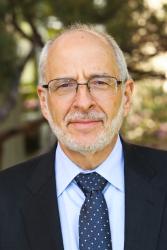

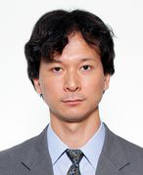
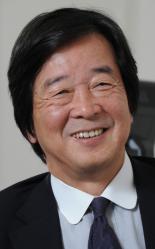

Pavel K. Baev, Robert Einhorn, Sharan Grewal, Samantha Gross, Ryan Hass, Patricia M. Kim, Elizabeth N. Saunders, Yun Sun, Caitlin Talmadge, Shibley Telhami, Andrew Yeo
July 1, 2025
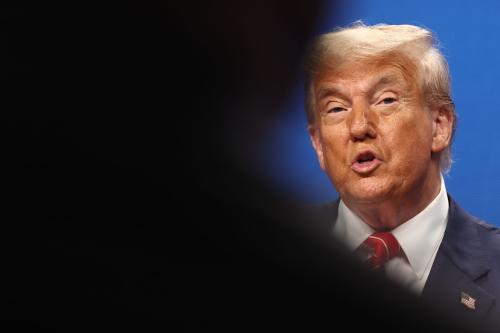
Mira Rapp-Hooper, Rebecca Friedman Lissner
June 24, 2025
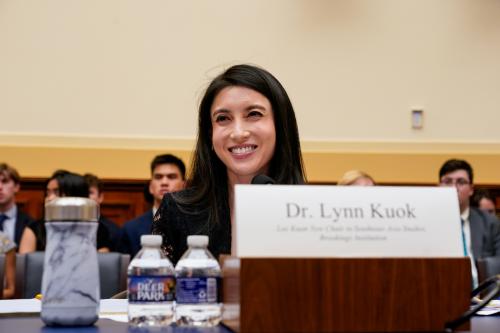
Lynn Kuok
June 23, 2025